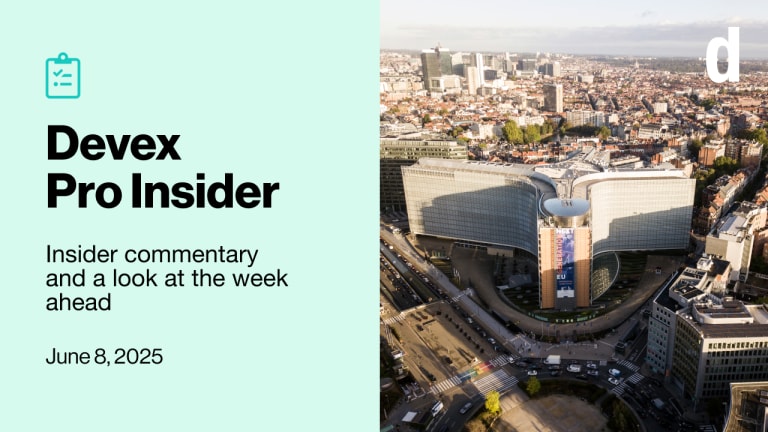The impartiality of non-governmental organizations working in Afghanistan is compromised when they opt to receive public funding, some observers say. Una Moore of the “UN Dispatch” blog disagrees.
Using government financing does not translate to influence or control over an NGO’s day-to-day operations, Moore argues. Government donors, she says, do not “micromanage.”
“Oxfam is a good example here. Though it receives British and Dutch government funds, it regularly criticizes the conduct of the international military forces and the broader international community, often harshly and publicly. If Oxfam has picked a side in the conflict, it has sided with Afghan civilians,” Moore, an international development worker in Kabul, writes.
Moore was responding to an op-ed by Michiel Hofman for Foreign Policy. In that Jan. 12 piece, Hofman, who has served as country representative for Doctors Without Borders in Afghanistan, urged NGOs in Afghanistan to work independently from the U.S. Army, NATO allies and the Afghan government.
>> In Afghanistan, US Keeps Pouring Aid Money to Flawed Projects
While government donors focus their funding on specific sectors or programs, they neither set priorities of NGOs nor tell the latter what to work on, Moore says.
“Direct, transparent negotiations with belligerents are often (though not in every case) a good policy, but complete financial independence from government sources? That’s a tall order for most NGOs, and virtually impossible for Afghan NGOs,” Moore notes.




